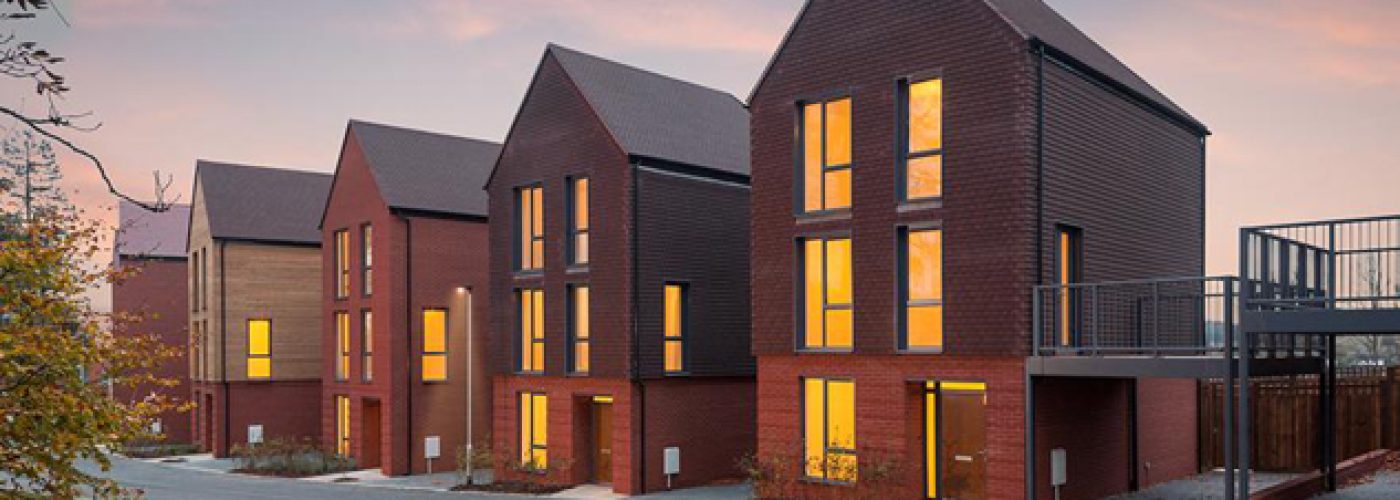Planning reforms, including reserving a proportion of new build houses for British residents, would help to increase home building and promote home ownership, according to a new report.
With the average first time buyer having to save for 10 years for a deposit and home ownership rates falling among the young, the report Homes for Everyone sets out detailed proposals for how to push house building up towards the Government’s target of 300,000 a year, and ensuring they go to first time buyers.
The report, written by MP Chris Philp and published as part of the Centre for Policy Studies’ New Generation initiative, also features new research setting out the historic under supply of homes in the UK across regions, and makes the economic and social case for home ownership.
It says that the gap between the number of new homes needed and the number being built each year now stands at 76,000 a year, an improvement on the figure of around 150,000 under the last Labour Government. Of these, some 40,000 per year are in London and another 10,000 each in the East and South-East.
The cumulative housing shortage since 2000 has reached 343,000 in London and 96,000 in the South-East.
It also says that over a 25 year period, a home owner will end up between £100,000 and £300,000 richer than a renter. Owning is more beneficial than renting even if you assume zero real house price growth and sky high investment returns on the money that would have been used for a deposit.
It also claims that in London, the number of housing starts has gone backwards under current Mayor Sadiq Khan. There is also evidence that an increasing proportion of those homes that are being built are ending up in the hands of foreign buyers and not just in the prime areas of central London.
While welcoming the Government’s work and progress, including the Chancellor’s recent stamp duty cuts for first time buyers, the report makes a series of proposals for speeding up the planning system and tilting its outcomes towards first time buyers.
These include the merger of the Community Infrastructure Levy and Section 106 requirement for developments under 100 homes, the removal of the affordable housing requirement for developments under 20 units and creation of so called Pink Zones in which development will be automatically approved within certain parameters.
They also mention fast track planning approval and dispute resolution, speeding up the disposal of public land, strengthening the Government’s ability to act on housing issues and promoting staircasing agreements by which renters can gradually buy their homes over a period of years, at the initial price.
The report also proposes that the UK should follow other developed economies, such as Switzerland, Australia, Canada and Denmark, in favouring domestic first time buyers, primarily by restricting to 50% the proportion of new build developments over 20 units that can be purchased by people who are not UK tax resident.
‘The Government has taken huge steps to increase home building from the low of 125,000 a year left behind by Labour to nearly 200,000 today. But more needs to be done. We need to place home ownership at the front of the policy agenda and make sure that first time buyers get all the support possible to get onto the housing ladder,’ said Chris Philp, MP for Croydon South.
Robert Colvile, director of the Centre for Policy Studies, said housing is the biggest domestic policy challenge in the country and is blighting the lives of a generation of young people. ‘This new report by Chris Philp contains many ideas that deserve serious consideration if we are to make home ownership the norm for young people,’ he added.





